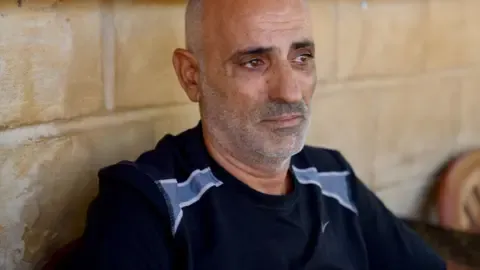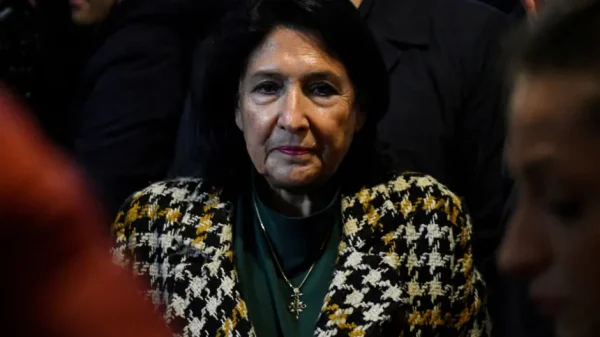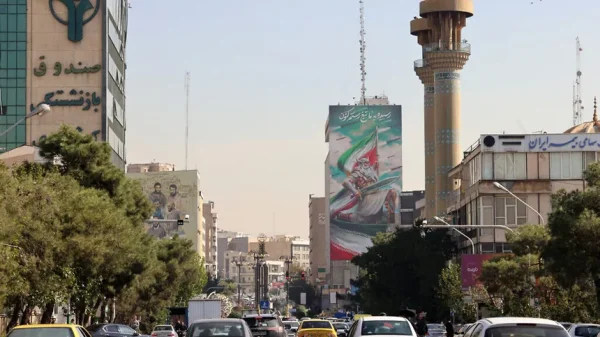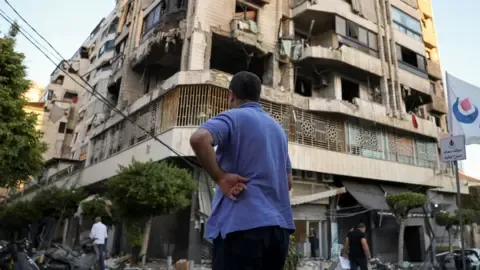The streets of Tel Aviv’s entertainment district bustle with activity, music fills the air, and people laugh and socialize. But amidst the vibrant atmosphere, stark reminders of Israel’s ongoing war with Hamas are everywhere. Pictures of hostages held in Gaza adorn lampposts and shop windows, a constant reminder of the deadliest attack in Israel’s history. As the war reaches its one-year mark, it seems that life has returned to normal, but beneath the surface, anxiety, depression, and anger simmer.
Many Israelis are still reeling from the October 7 attack that left over 1,200 people dead and 250 kidnapped. The search for answers and relief is ongoing, with protests calling for a ceasefire and the release of hostages drawing mostly secular Jewish Israelis who oppose Prime Minister Benjamin Netanyahu and his government. Despite the official commemorations and state ceremonies, many Israelis are frustrated with the government’s handling of the war and the failure to prevent Hamas’s attack.
The occupation of Gaza has claimed over 41,000 Palestinian lives, according to the Health Ministry, but the Israeli media has reported Little on the devastation. Israelis calling for a ceasefire are driven by the plight of the remaining hostages, now numbering around 100, with less than 70 believed to be still alive. The international community has criticized Israel for committing war crimes and genocide in Gaza, leading to increased isolation.

Amidst Vibrant Streets, Israelis Grapple with the Ongoing Impact of War (Image via Getty)
Internal divisions within Israel have grown, with weekly protests drawing mostly secular Israelis who oppose the government. Right-wing Jewish Israelis, who are Netanyahu’s base, support the continuation of the war. The war’s toll on daily life is evident, with people checking for bomb shelters, dealing with school cancellations, and avoiding domestic travel hubs.
In the midst of the turmoil, a group of residents from Re’im Kibbutz, one of the communities struck on October 7, have opened a cafe, Otef, to support their community. The cafe, named for the region next to the Gaza border, sells chocolates made from the recipes of Dvir Karp, who was killed in the attack, and cheeses from Kibbutz Be’eri, where over 100 people died and 30 were taken hostage. Reut Karp, the cafe owner and Dvir’s ex-wife, said that the war still continues, and if they don’t keep living and working, they will die. She and her community find comfort in the routine of the cafe, as they deal with trauma and the uncertainty of returning home.
The war has left many Israelis feeling hopeless, with some questioning whether there is a future for their country. As the conflict drags on, the national sense of security and stability is shattered, and people are left to wonder when and if normalcy will return. The war has entered every vibration of Israeli life, leaving a lasting impact on the country’s people and society.


























